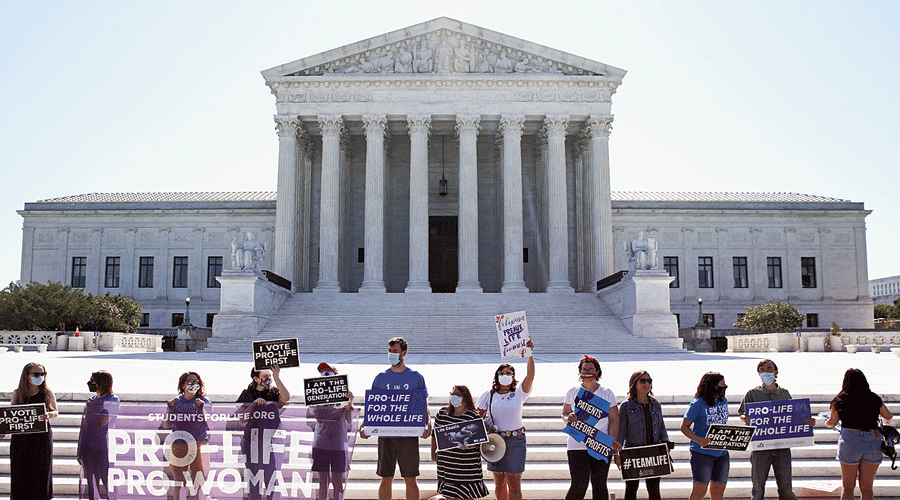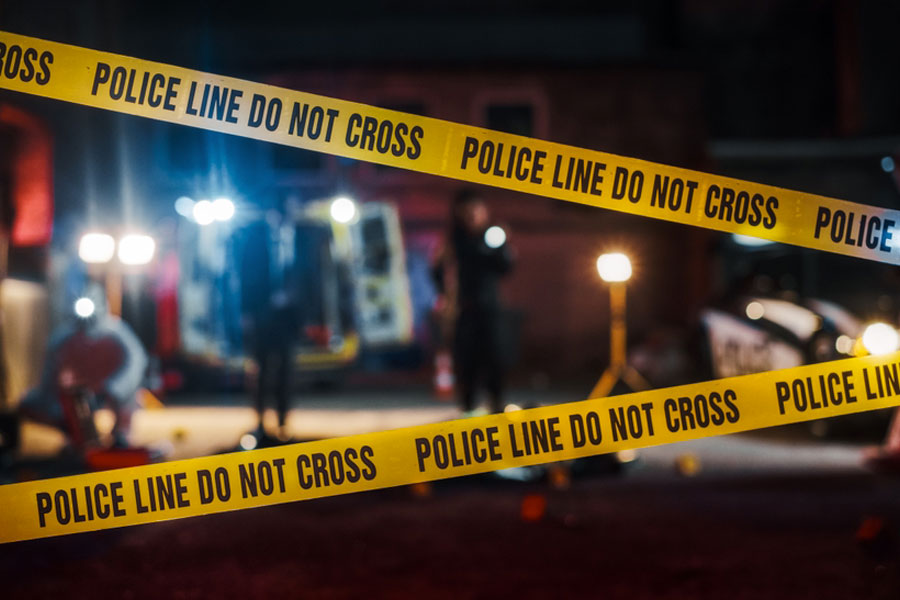The Supreme Court on Monday struck down a Louisiana law that could have left the state with a single abortion clinic.
The vote was 5 to 4, with Chief Justice John G. Roberts Jr voting with the court’s four-member liberal wing but not adopting its reasoning. The chief justice said respect for precedent compelled him to vote with the majority.
The case was the court’s first on abortion since President Trump’s appointments of two justices shifted the court to the Right.
The Louisiana law, which was enacted in 2014, requires doctors performing abortions to have admitting privileges at nearby hospitals.
The law’s supporters said the law protects the health and safety of women seeking abortions, and that the requirements for obtaining admitting privileges helps ensure the competence of doctors.
Opponents disputed that, saying that hospitalisations after abortions are rare, that women would receive medical care at hospitals whether their doctors had admitting privileges or not and that abortion providers are often unable to obtain admitting privileges for reasons unrelated to their competence.
Only two of the five doctors who provide abortions in Louisiana have obtained admitting privileges, one in New Orleans and one in Shreveport. But the Shreveport doctor testified that he could not handle the clinic’s work alone.
If the law went into effect, a trial judge concluded, there would be a single doctor in a single clinic, in New Orleans, available to provide abortions in Louisiana.
The judge, John W. deGravelles of the Federal District Court in Baton Rouge, struck down the Louisiana law in 2017, saying it created an undue burden on women’s constitutional right to abortion. The experience of the clinic in Shreveport, Hope Medical Group for Women, showed, he wrote, that the law was a solution in search of a problem.
“In the last 23 years, Hope Clinic, which serves in excess of 3,000 patients per year, had only four patients who required transfer to a hospital for treatment,” Judge deGravelles wrote. “In each instance, regardless of whether the physician had admitting privileges, the patient received appropriate care.”
The law, Judge deGravelles ruled, was essentially identical to the one from Texas that the Supreme Court struck down in the 2016 decision, Whole Woman’s Health v. Hellerstedt.
New York Times News Service
 Friday, 06 February 2026
Friday, 06 February 2026









